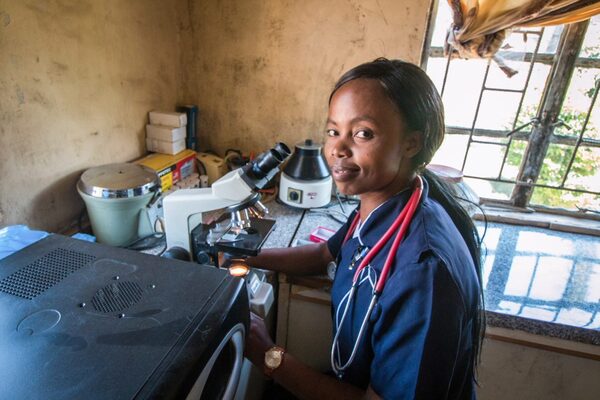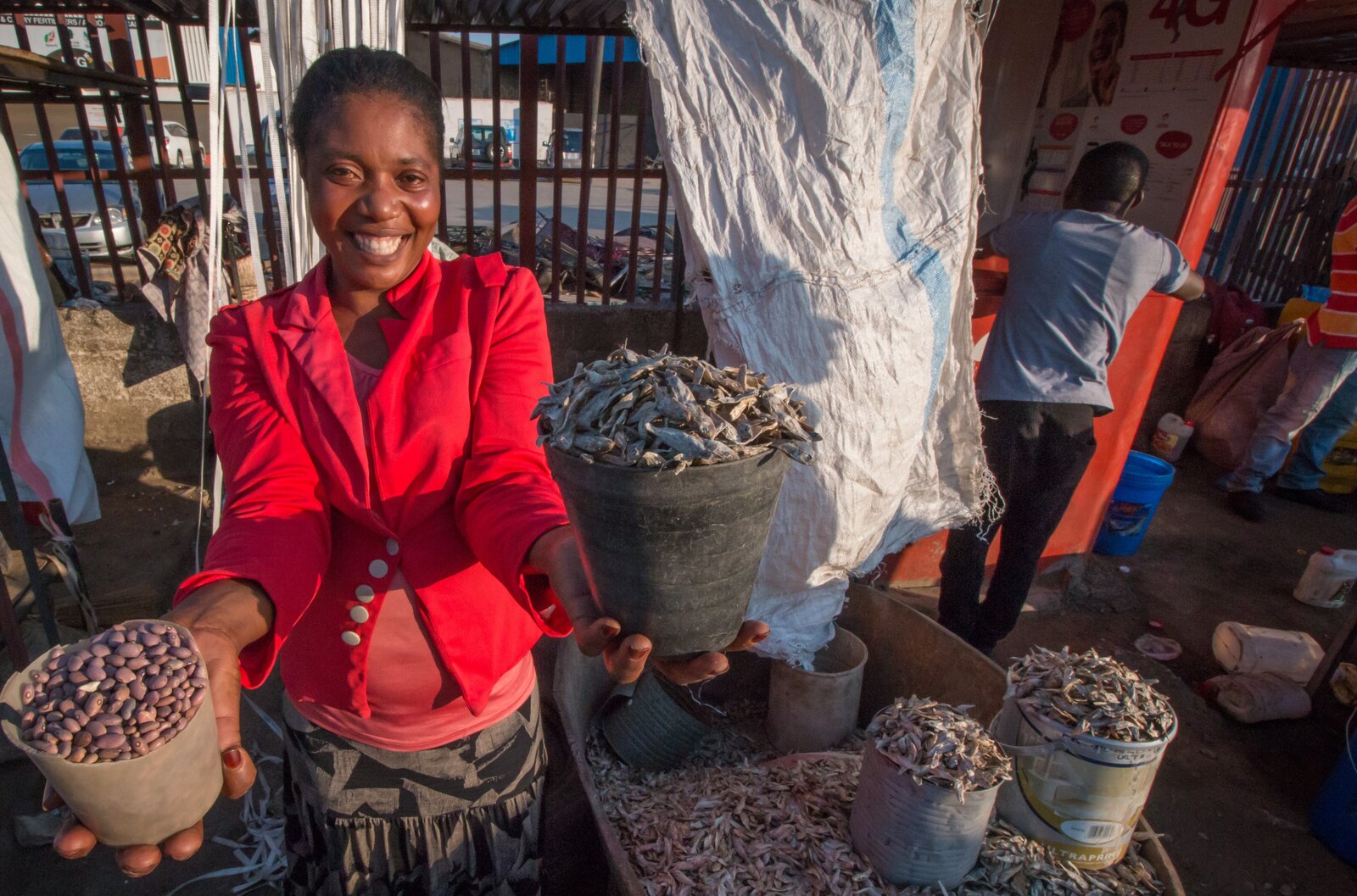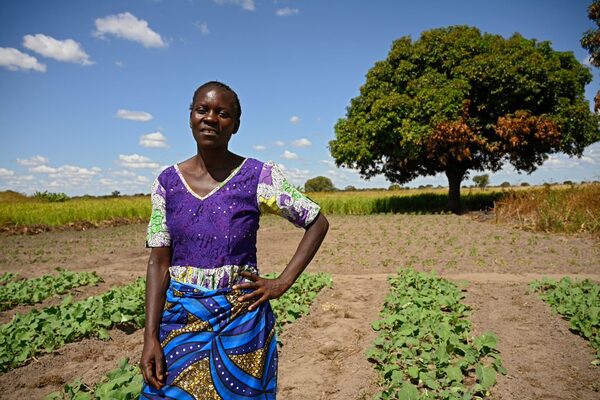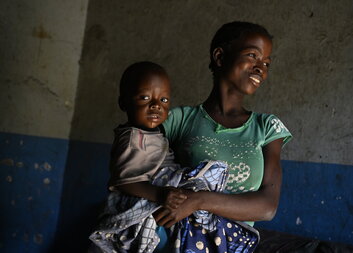7 ways Caritas Czech Republic helps refugees and internally displaced people get on their feet
Despite prejudice, refugees are not people who wait with their hand out for help. On the contrary, they want to study, work and, above all, be self-sufficient. But in a new country, far from home and in an unfamiliar environment, it is difficult for them to achieve self-sufficiency. Yet all it takes is a helping hand at the beginning for refugees to be able to stand on their own feet again. Caritas Czech Republic is lending them this helping hand. What does our help look like?













